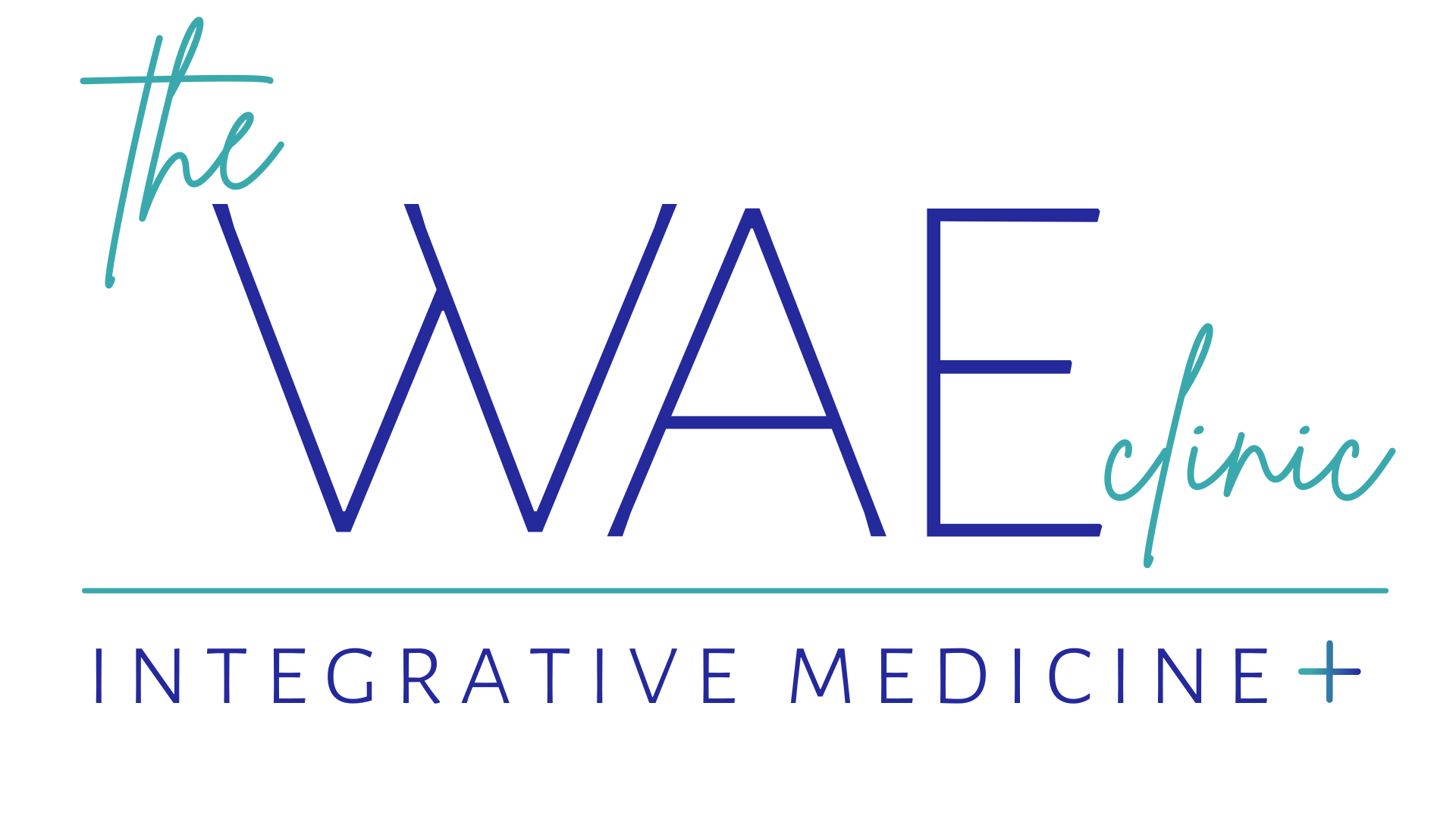Nutritional Changes
Whole Foods Diet: Focus on a diet rich in whole foods, including fruits, vegetables, lean proteins, whole grains, and healthy fats.
Hydration: Aim for at least 8-10 glasses of water per day.
Eliminate Processed Foods: Avoid processed meats, refined sugars, and high-sodium snacks.
Limit Alcohol and Caffeine: Reduce intake to moderate levels or eliminate if necessary.
Anti-Inflammatory Foods: Incorporate foods that reduce inflammation, such as turmeric, ginger, berries, and leafy greens.
Food Diary: Maintain a food diary to monitor dietary habits and identify potential food triggers for symptoms.
Physical Activity
Moderate Exercise: Engage in at least 150 minutes of moderate aerobic exercise per week.
Strength Training: Include strength training exercises at least two days per week.
Flexibility and Balance: Incorporate yoga or stretching routines to improve flexibility and balance.
Activity Log: Keep an activity log to track exercise routines and progress.
Stress Management
Mindfulness Meditation: Practice mindfulness meditation for 10-15 minutes daily.
Breathing Exercises: Utilize deep breathing techniques to manage stress and improve relaxation.
Adequate Sleep: Aim for 7-9 hours of quality sleep each night.
Time Management: Develop a schedule that allows for work-life balance.
Supplements (Note: Supplements should be personalized based on individual needs and under professional guidance)
Multivitamin: A high-quality multivitamin tailored to age and gender.
Omega-3 Fatty Acids: To support heart and brain health.
Vitamin D: Especially if deficient or with limited sun exposure.
Probiotics: For gut health and immune support.
Magnesium: To aid in muscle function and sleep quality.
Anti-inflammatory Supplements: Such as curcumin or fish oil, depending on individual conditions.
Regular Monitoring and Check-ins
Follow-up Appointments: Schedule regular appointments to monitor progress and adjust the plan as needed.
Lab Tests: Periodic lab tests to track changes and improvements in health markers.
Symptom Tracking: Maintain a symptom diary to observe correlations between lifestyle changes and symptom improvements or exacerbations.
Education and Support
Wellness Workshops: Attend workshops or seminars on nutrition, exercise, and stress management.
Community Support Groups: Participate in groups for shared experiences and motivation.
Continued Learning: Stay informed about new research and strategies in managing chronic conditions.
Conclusion
This comprehensive wellness plan is a starting point and should be tailored to individual needs, preferences, and medical advice. It is crucial to work closely with healthcare providers to ensure safety and effectiveness, especially when introducing supplements and significant lifestyle changes.
*This content has been generated with the assistance of ChatGPT, an AI language model. While every effort has been made to ensure originality and accuracy, the content may inadvertently include or resemble information from other sources. This is not intentional and we encourage users to conduct their own verification if specific details are critical for their purposes. The use of this AI-generated content is for informational purposes only and should not be considered as a substitute for professional advice.

